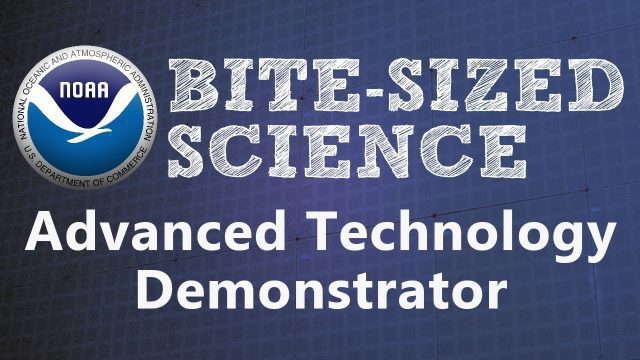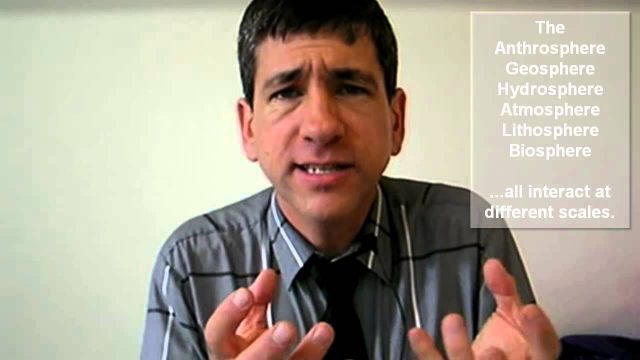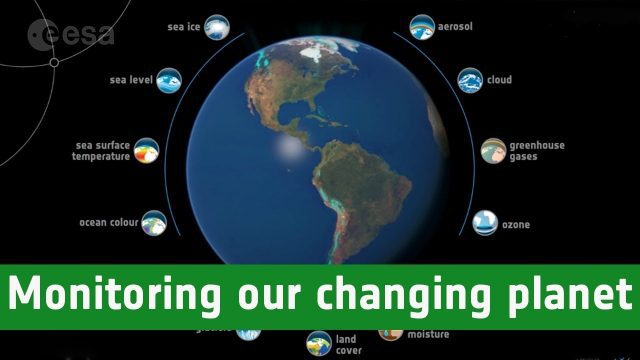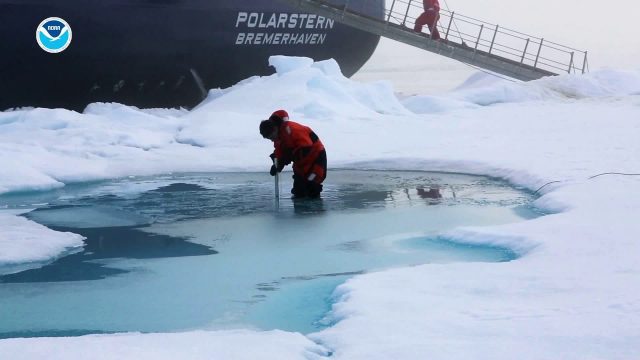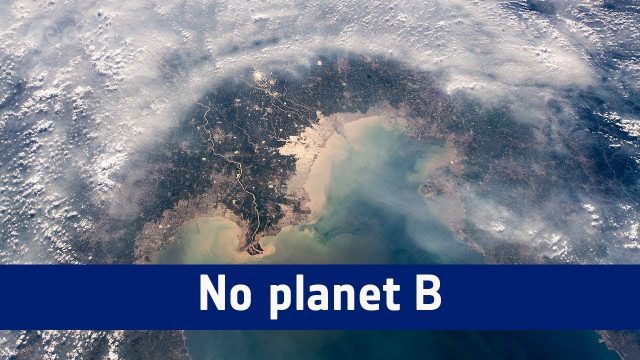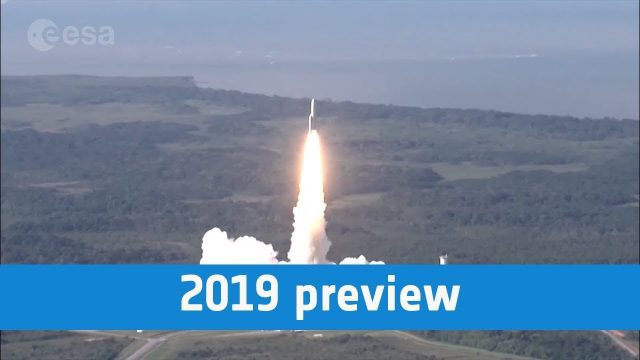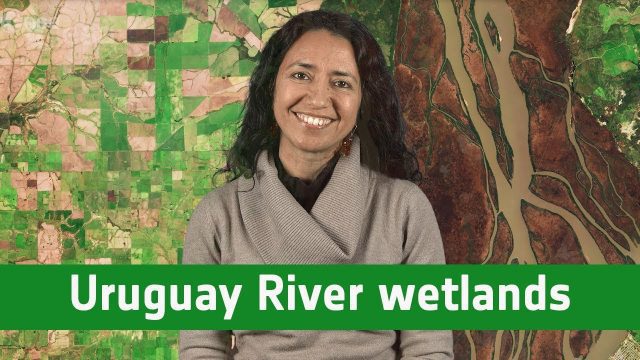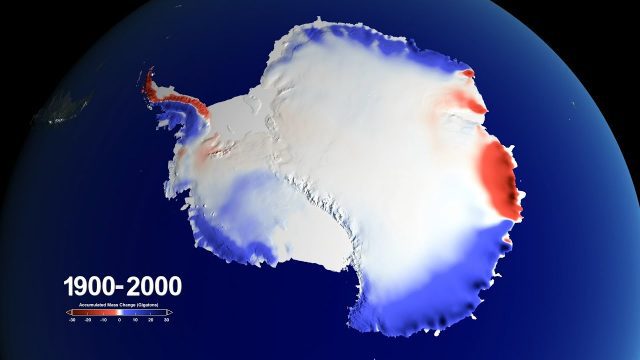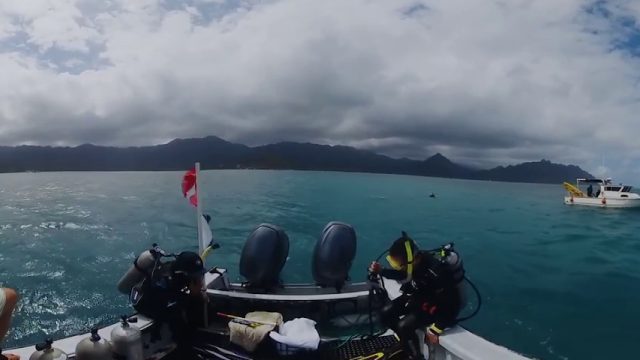Category: Found on the Internet
NOAA’s Advanced Technology Demonstrator
0 Views0 Comments0 Likes
The ATD is a new research radar that combines the benefits of a phased array radar with the benefits of a dual polarization technology.
Meet ICON: NASA’s Airglow Explorer
0 Views0 Comments0 Likes
NASA's Ionospheric Connection Explorer, or ICON, launched on Nov. 7, 2018, and orbits above the upper atmosphere, through the bottom edge of near-Earth space.
Make Every Day ‘GIS Day’
0 Views0 Comments0 Likes
GIS in education offers key skills and advantages, such as critical thinking, workforce competencies, working with data, holistic thinking, inquiry, and much more.
Monitoring Our Changing Planet
0 Views0 Comments0 Likes
Through ESA’s Climate Change Initiative, long-term datasets on key indicators of climate change are being systematically generated and preserved.
Arctic Report Card 2018
0 Views0 Comments0 Likes
Arctic Report Card: Update for 2018 - Tracking recent environmental changes, with 14 essays prepared by an international team of 81 scientists from 12 different countries and an independent peer-review organized by th...
No Planet B
0 Views0 Comments0 Likes
A message from ESA astronaut Alexander Gerst from on board the International Space Station to mark the start COP24, the UN Climate Change Conference taking place in Katowice, Poland.
European Space Agency 2019 Preview
0 Views0 Comments0 Likes
ESA astronaut Luca Parmitano will return to the International Space Station, in Science Cheops will look at exoplanets, while the EDRS-C satellite will start the era of super-fast data relay on orbit.
Earth from Space: Uruguay River Wetlands
0 Views0 Comments0 Likes
In this week's edition of the Earth from Space program, the Copernicus Sentinel-2B satellite takes us along the lower reaches of the Uruguay River.
Snow over Antarctica Buffered Sea-Level Rise during Last Century
0 Views0 Comments0 Likes
A new NASA-led study has determined that an increase in snowfall accumulation over Antarctica during the 20th century mitigated sea level rise by 0.4 inches. However, Antarctica’s additional ice mass gained from snowfall only makes up for about a third of its current ice loss.
Earth 360 Video: The Call of Science
0 Views0 Comments0 Likes
Join NASA Earth scientists for a 360-degree view of our planet as they head into the field to study ice in Greenland and coral reefs in Hawaii.













